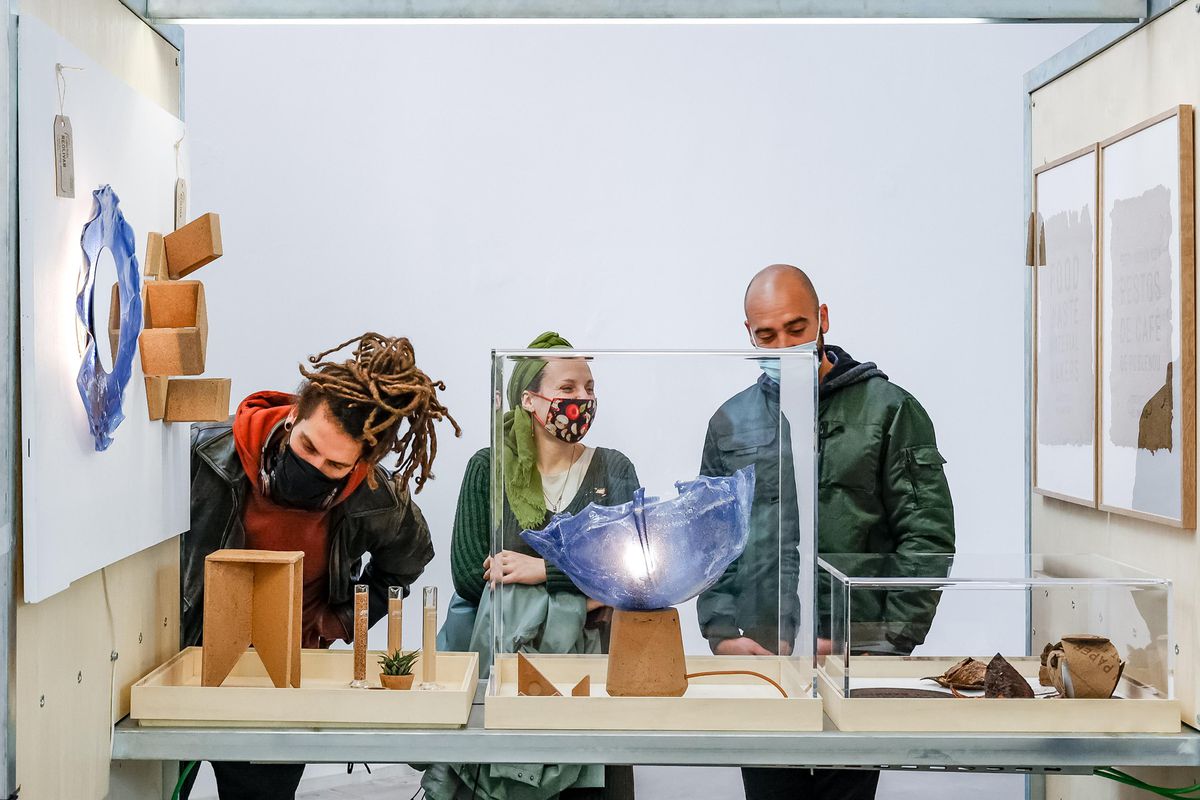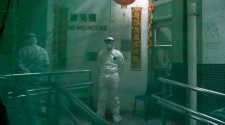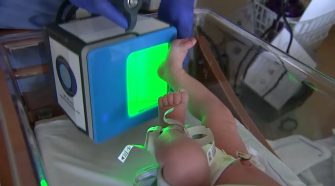What exactly is happening with the oceans? And what can we do to reduce the ever-growing pile of waste created by human activity? These questions are at the center of the two projects that won this year’s STARTS Prize for innovative projects at the interface of science, technology and art.
“Remix El Barrio” is one of the Grand Prize winners of this years STARTS Prize, for projects on the … [+]
© Dihue Miguens Ortiz
Every year the European Commission awards the STARTS Prize to projects that combine artistic expression, technology and scientific research. This year’s shortlisted projects touched on topics ranging from surveillance technology to DNA data storage, but the final two Grand Prize winners both focused on environment and sustainability.
The Grand Prize in Innovative Collaboration went to “Remix El Barrio”, a collaboration between Anastasia Pistofidou, Marion Real, Fab Lab Barcelona and the Institute for Advanced Architecture of Catalonia.
The project identified food waste streams in the Barcelona neighbourhood of Poblenou and worked with local restaurants and Fab Lab Barcelona to turn this waste into different materials. In this circular economy project, waste becomes a resource again. Twelve designers used these materials to create a variety of products, such as a jacket made from a material sourced from orange peels, or soap made with used cooking oils.
The other winner was “Oceans in Transformation”, which was awarded the Grand Prize for Artistic Exploration. In this project, Territorial Agency’s John Palmesino and Ann-Sofi Rönnskog wanted to find a way to visualise the many different types of knowledge we have about the ocean.
Their work shows that scientific research is fragmented. Each research activity looks at one aspect of the ocean – sea level, for example, or biodiversity – and usually in just one location. That makes it difficult to get a broad overview of what exactly is happening with the oceans as a whole. To tackle this, “Oceans in Transformation” combined different research data to create a project that shows the wide variety of information that’s out there.
The final result is two exhibits. One in Venice, showing visualisations of different research data about the ocean on an array of displays. The other exhibit is virtual, on the Ocean Archive website, where visitors can explore different artistic and scientific interpretations of the ocean.
Both Grand Prize winners are reminders that issues related to environment and sustainability are often complex and affect many different communities. The solutions aren’t always just scientific. For example, scientists can find ways to turn food waste into new materials, but in practice restaurants and designers and consumers are all part of the solution as well, as “Remix El Barrio” showed. And while scientists are continuously collecting valuable data about the changing oceans, “Oceans in Transformation” showed that such data is meaningless unless people see it in context.
These projects show that art and design offer a new way to use and explore scientific research and that creative collaborations can be particularly useful in the journey toward a more sustainable planet.















